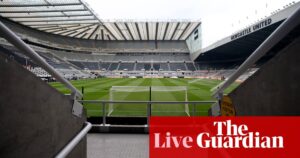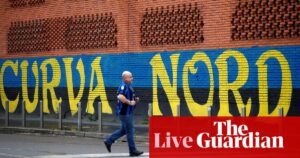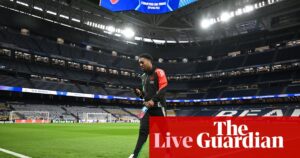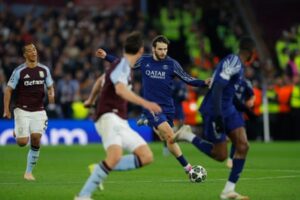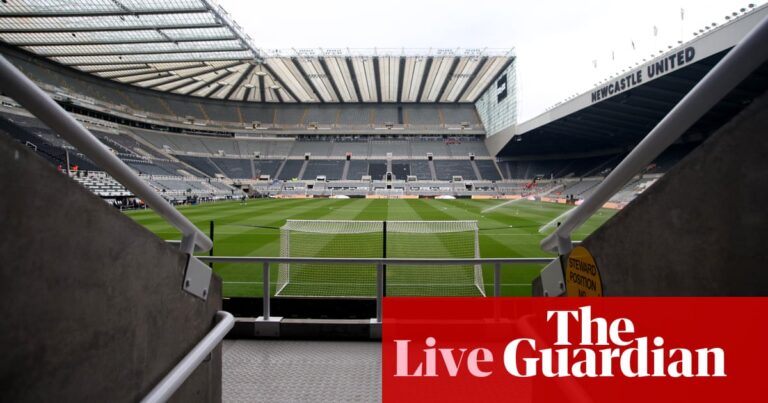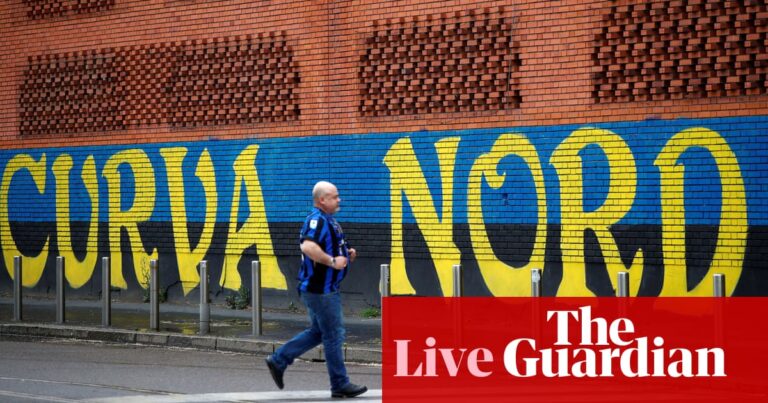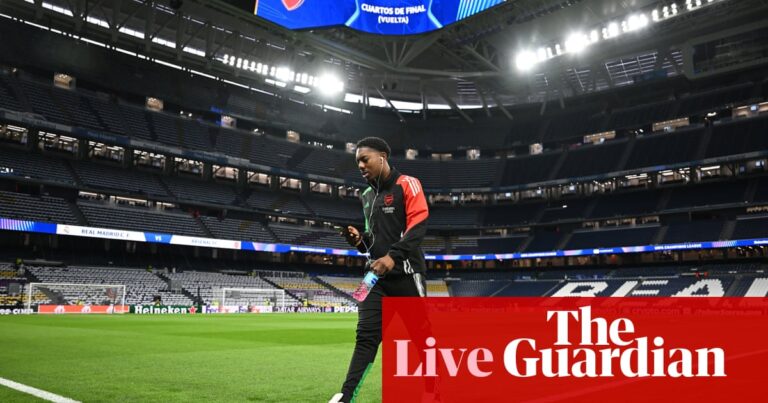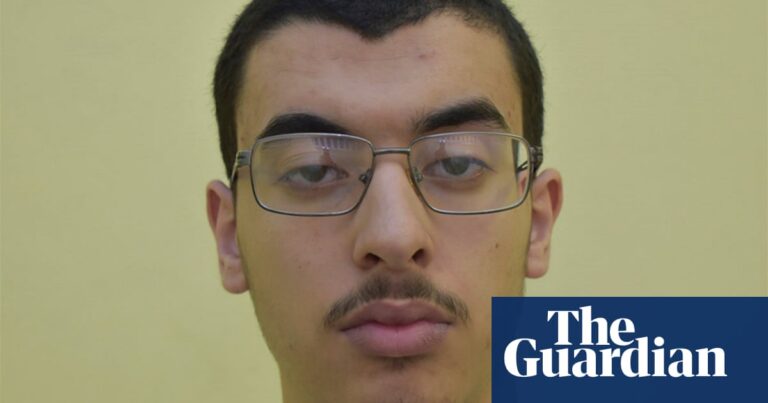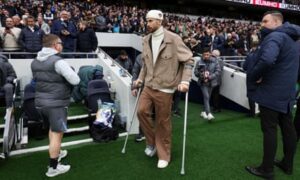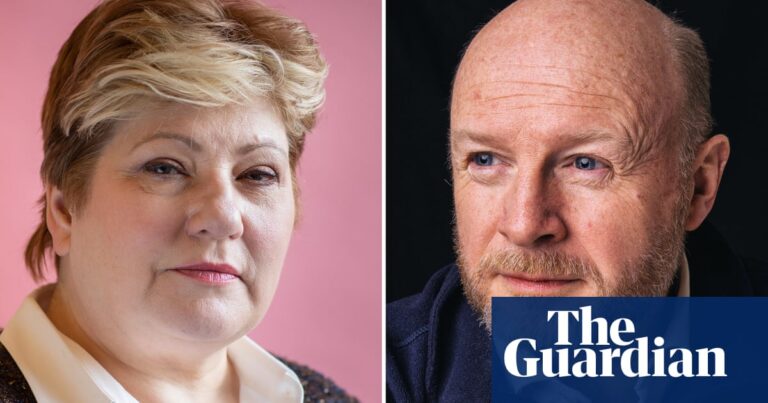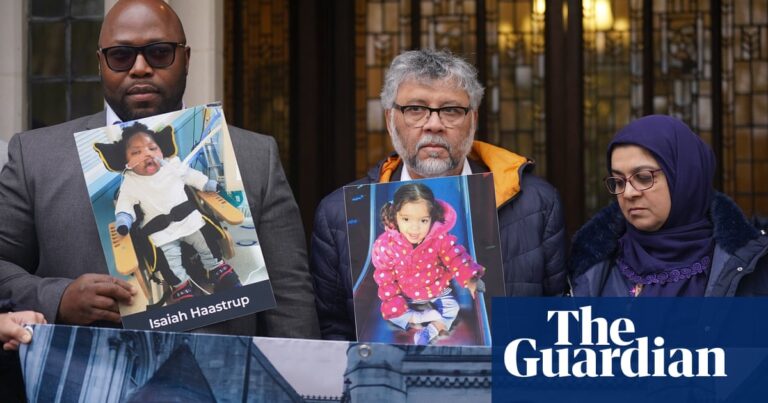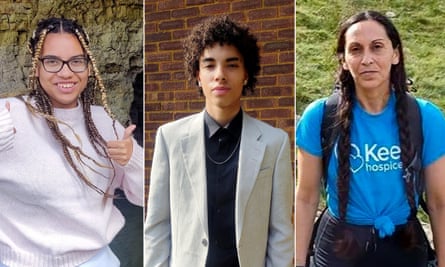To avoid rot: the characterisation employed by a powerful Manchester United executive to explain Dan Ashworth’s departure. As in: better that he left after five months as sporting director rather than stay and allow festering damage to Sir Jim Ratcliffe’s reset of the club.
In play, partly, here was a face‑off between Omar Berrada and Ashworth that had the chief executive emerging as victor. Ratcliffe’s recent interview with the United We Stand fanzine featured profuse praise for Berrada and none for the man now history.
Zoom out from this turf war and the wider picture is hardly gleaming. The collateral damage of Ashworth’s culling is widespread. Commercially, the approximately £3m compensation paid to Newcastle to dislodge Ashworth may be chicken feed compared with the fortunes wasted on transfers – Antony, £86m, for example – and wages – Casemiro, about £360,000 a week. But in an economy drive that features raising the minimum members’ ticket price to £66 and making 250 employees redundant, identifying Ashworth as the candidate to drive Ratcliffe’s shiny new United forward then deciding he is no longer best-in-class is a bloody nose to internal morale and supporters’ faith.
The neutral finds the latest convulsion in the United soap opera questionable, too. “Farce” was the apt term for the saga of Erik ten Hag’s eventual sacking in October. It featured a Ratcliffe‑overseen late-spring beauty parade that had Jason Wilcox assessing Thomas Tuchel, Kieran McKenna, Mauricio Pochettino, Roberto De Zerbi, Thomas Frank, Graham Potter, Gary O’Neil, Paulo Fonseca and Gareth Southgate as potential replacements. Then, in June, the technical director was part of a brains trust, alongside Ratcliffe, Sir Dave Brailsford and Jean-Claude Blanc (United’s acting chief executive), that concluded Ten Hag should stay – only for the autumn U-turn.
Notice Ashworth’s and Berrada’s absences from the decision. With each on gardening leave (the latter from Manchester City), we see a faultline in Ineos’s supposed slick, bespoke executive structure.
How can two men who outrank the manager have no vote regarding his retention? This correspondent questioned what seemed an obvious issue then, and the cost of the quaint (being polite) operational decision totalled £21.4m for Ten Hag’s removal and the hiring of Ruben Amorim to succeed him.
A very United farce. Then you come to the case of Ashworth and a new term – “hyper-farce”? – is needed for his departure only 159 days after taking up his post.
In February, Ratcliffe billed Ashworth as “clearly one of the top sporting directors in the world”. By December, he greenlit his exit. The word, from some internally, is that the decision was painful for all, and there is no rush to replace him.
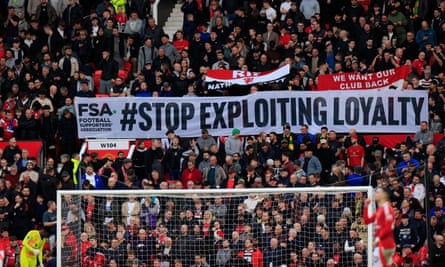
The latter may be translated as the transfer window next month being more urgently in need of any spare cash, particularly as the money spent on removing Ten Hag and Ashworth and recruiting Amorim is the price of more than half a Manuel Ugarte (an initial £42.3m).
Further finance, that could be invested in a listing squad who are 13th in the Premier League, has been torched. Ugarte joined on Ashworth’s watch, as did Leny Yoro (£52m), Matthijs de Ligt and Noussair Mazraoui (£60m combined) and Joshua Zirkzee (£35.8m): five summer signings who, with add‑ons, could cost more than £200m.
Given that they were purchased after Ten Hag was confirmed as staying, the quintet will have been waved through by the manager (he retained a transfer veto) but all are now under Amorim’s command.
after newsletter promotion
The Portuguese may have wanted all or none. For argument’s sake, let’s say he would have approved half the outlay, meaning the rest – £100m – was written off, wasted. Factor in the previously noted £21.4m and the £3m to remove Ashworth and this is over £124m from United’s coffers splurged on what, precisely? For the club to stand still? Go backwards? Hardly shrewd and parsimonious from Ratcliffe.
One more faultline: the sporting director is supposed to be an executive whose position is stable, who is not hostage to the whims of player form, results and fan approval. Ashworth was employed to secure United’s long-term vision by remaining for a prolonged period, as was the case with Txiki Begiristain across town at City.
Instead, after Ratcliffe and his Ineos cohorts decided John Murtough was not up to the job, they have judged the same of Ashworth, taking the count to two sporting directors gone in eight months. Who could be the third incumbent under Ineos? Wilcox is the obvious internal candidate. He was City’s academy director (2017-23) when Berrada was chief operating officer there, and Southampton’s director of football for just over a year before Ratcliffe came calling.
After Ashworth’s treatment (and Murtough’s) the former Blackburn winger may think twice or more if offered the vacancy. But he will also listen to the siren call of career elevation, plus the lucrative salary and bonus increase this brings.
Ashworth’s gardening leave meant Wilcox conducted the late-spring interviews for the alternatives to Ten Hag, so was trusted with this crucial task by Ratcliffe: another feather in the cap. But after due diligence on Ashworth did not turn up the doubts that led to the decision on Saturday night, could they be missed regarding Wilcox or AN Other?
At the moment, Ratcliffe’s short track record at United makes this a definite possibility.
Source: theguardian.com
